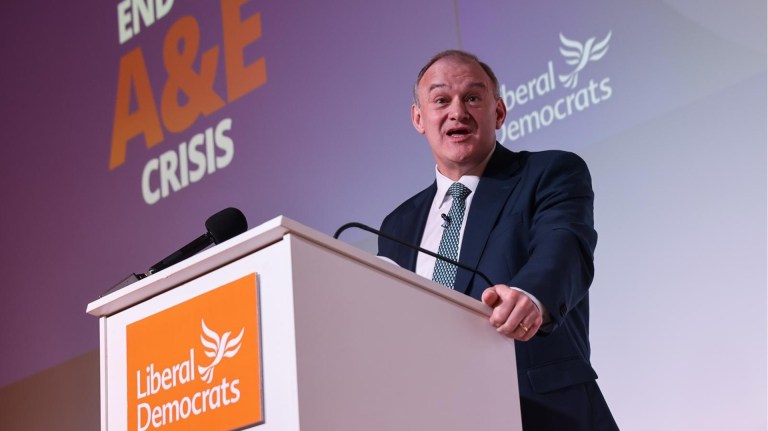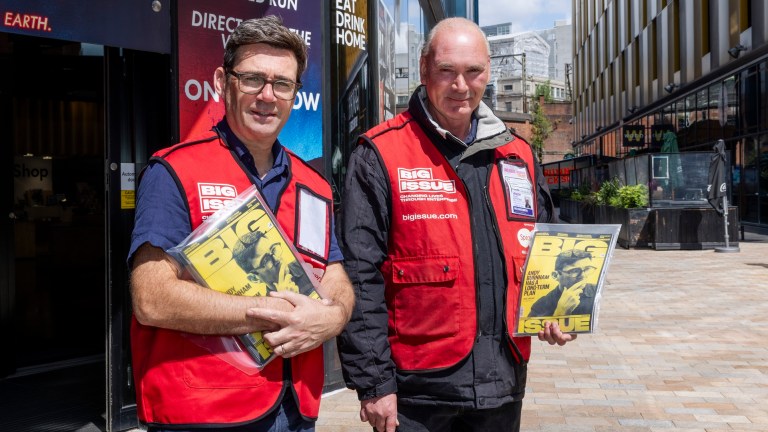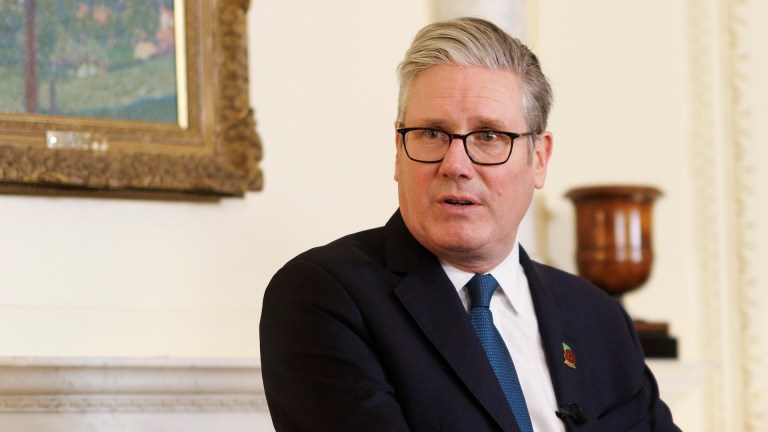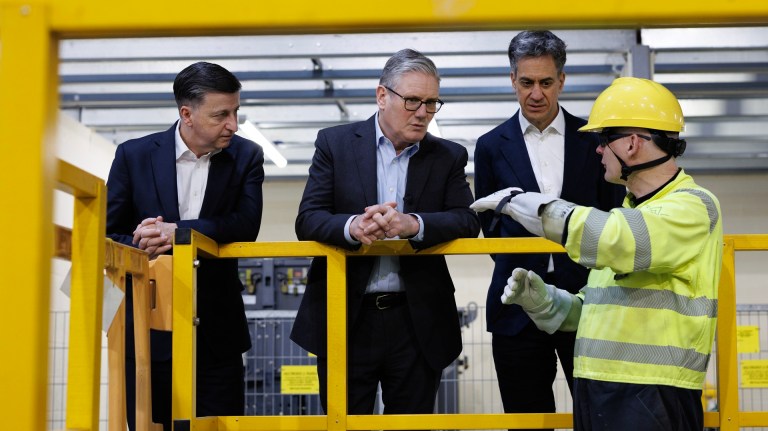Of all the five sisters, I was probably the dad’s girl. And the one who wanted to know what was out there, in the wider world. Whenever there was a family get-together and the women were all chatting in one corner and the men in another, you’d find me with the men. I was never very interested in a certain kind of women’s conversation. I found them quite fickle. Two of my closest friends when I was a teenager were men. The roles between men and women are completely blurred now but when I was growing up there were male roles and female roles and I wasn’t interested in what I felt instinctively were female roles.
Clothes, hair, make-up… they never meant anything to me. I just wasn’t interested. My elder sister liked all that, she loved to go shopping but I hated it. My mum bought all my clothes and I’d be happy to wear whatever she chose. My main interest was books, I always had my head in a book.
I was very aware as a teenager that I was lucky to have such a good education as a Muslim girl. Not everyone around me had the same, and I felt I had a responsibility to make the most of that. My mum always told me and my sisters we had to be better than the boys. I was very conscious of that. We were always encouraged to have an opinion.
My mum always told me and my sisters we had to be better than the boys
My mum says I was a really easy teenager. I never gave her hassle – I saved all that up for later, as she puts it. I wasn’t moody, I didn’t want to be out with my mates, I wasn’t going partying, I wasn’t wearing make-up. I didn’t have a lot of friends but that was an active choice because I wasn’t particularly interested in the things they were talking about. I was really interested in bigger issues – identity, what it meant to be black and British. How I fitted in. I remember learning about the British Raj at school and constantly questioning how my teacher presented it, the creation of Pakistan, that kind of thing.
In terms of a career, that was very much chosen by my mum when we were teenagers. She decided she needed a lawyer, an accountant, a teacher and a pharmacist, and she just told us which one she wanted us to be. I got law. So I became a lawyer.
When I was a student I became very involved in student politics. I was definitely on the left. I came from a strong Labour family. I remember fighting for grants not loans. And against the Poll Tax. When I got into my 20s I started thinking more about domestic politics and it became pretty obvious the things I believed in made me centre-right. Low tax economy, smaller state, civil liberties, opportunity, all of that. I didn’t actually join any party until my late 20s because I felt the issues far outweighed party politics. But I think if you want to be involved in frontline politics it has to be done through a party.









